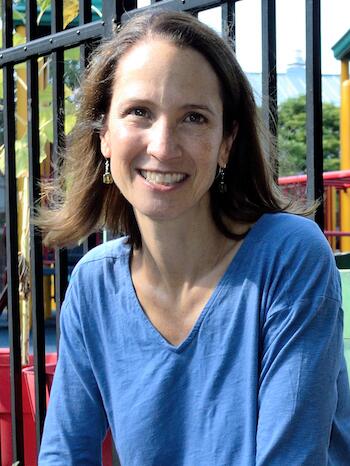Infant brain activity predicts social flexibility, stress recovery in 1st year

Caregivers celebrate many milestones between a baby’s birth and their first birthday. During these 12 months, many infants go from being unable to support their head to crawling and standing, and from watching their parents to smiling, babbling, and waving at them. Some babies even say their first words or take their first steps.
Infant brain functioning in the first few months may set the basis for this significant growth, and researchers in the Interdisciplinary Lab for Social Development at the University of Illinois Urbana-Champaign worked with families to explore this crucial developmental period. Through an initiative called the Infant Development Project, the ILSD recently published two studies exploring how early brain activity relates to the flexibility of infants’ social interactions and their ability to recover from stress.
“The main impetus for the project was to better understand the interplay between infants’ neural functioning and environmental supports — particularly interactions with caregivers —in shaping infants’ capacity to regulate stress and focus their attention,” said Nancy McElwain, a research professor of human development and family studies and researcher at the Beckman Institute of Advanced Science and Technology at UIUC. McElwain leads the ILSD, which focuses on early social and emotional development in the context of caregiving relationships.